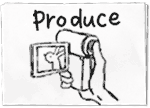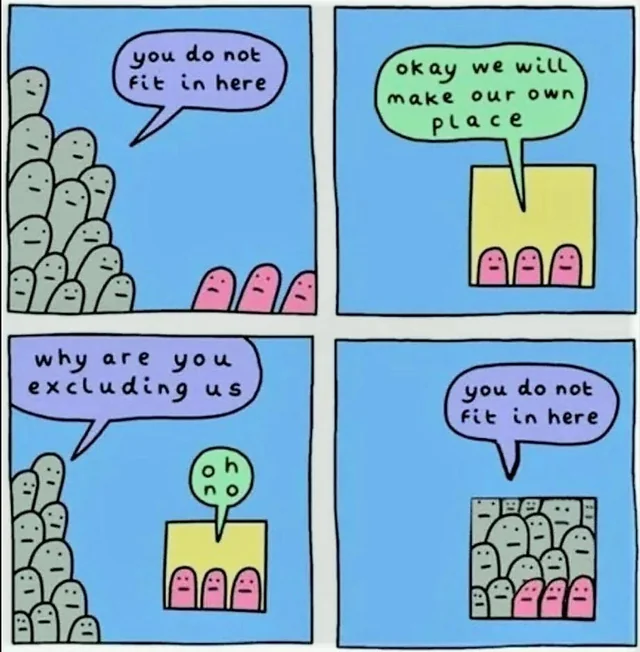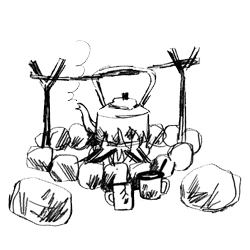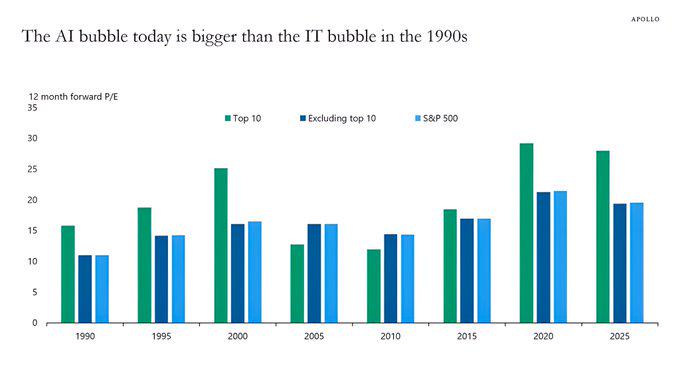#FOSS and open source is always political. Let’s say that out loud, because it’s easy to forget. The very idea of open collaboration, of sharing code, ideas, and stories freely, was never a neutral stance. It was, and remains, a radical act of refusal. Refusal to privatize creativity. Refusal to turn cooperation into competition. Refusal to let the #deathcult of neoliberalism define what freedom means.
From the early days of free software and the #4opens, to the #openweb and #Indymedia, the roots of our digital commons grew from solidarity. People gave their labour not for profit or prestige, but because they believed we’d all be better off together, if we stopped rewriting the same bits of code in isolation and started building commons instead of empires.
That’s not apolitical – that’s revolutionary. But over time, the #dotcons wrapped this labour in corporate branding, turning our shared tools into their private profit. They renamed exploitation “innovation.” They turned our commons into capital. The result? A generation of good minds submitting to stupid ones. Of strength and courage strangled by envy, greed for power, and fear of change.
People see their talent, their work, their lives wasted, buried under managerial control, compliance, and hierarchy. This is not just a technical story; it’s a moral one. We need to work to stop this “common sense” apathetic path of waste. The #deathcult is the slow deletion of memory, looking back:
- Think of #Indymedia – once a global blaze of collaborative media freedom, later smothered by internal bureaucracy and external hostility.
- Think of #visionOntv’s attempt to reboot on #PeerTube – an echo of that radical history, only to see ten years of grassroots video quietly unfunded, deleted, shadowbanned, “de-prioritized.”
Bureaucrats, NGOs, “leaders” are all terrified of what real openness might unleash. That’s what the suffocation of freedom looks like today, not yet jackboots, but the slow deletion of memory. The #deathcult doesn’t need to crush rebellion outright; it just needs to keep people afraid. It thrives on fear and hierarchy – the illusion that safety comes from control.
They call it “stability.” But as Ursula K. Le Guin warned in The Dispossessed, obedience doesn’t create stability – it creates death. The capitalist world of Urras ran on obedience. The anarchist world of Anarres survived on trust and mutual responsibility. We face that same choice today, every day: control or change, Urras or Anarres, death or life.
The path we need to take is composting the #closedweb. The natural world already knows what we’ve forgotten: compost happens.
When something dies, it breaks down.
From that decay, new life takes root.
The same is true of culture and technology. The #closedweb and #dotcons are already rotting, bloated with ads, surveillance, and fear. For 20 years, they’ve trapped our creativity and turned every act of sharing into data extraction. We don’t need more “innovation” in this rot. We need composting.
That’s what the #OMN – the Open Media Network – is for. To take what’s broken and turn it back into living soil. A simple, federated network built on the #4opens – open data, open process, open code, open standards – to grow grassroots media ecology. Not as a static structure, but as a breathing, evolving commons. Because revolution is not only destruction – it’s also renewal. It’s the composting of the dead so that the living can grow.
Choosing life, choosing change. Stands for the living side of that choice – open, messy, collective, and grounded. It can’t offer safety or stability. It can push growth, courage over comfort, collaboration over control.
As Le Guin wrote:
“You cannot buy the revolution.
You cannot make the revolution.
You can only be the revolution.”
Let’s be it, compost the dead systems and make space for what’s next, act on remembrance, rebellion, and renewal please.













